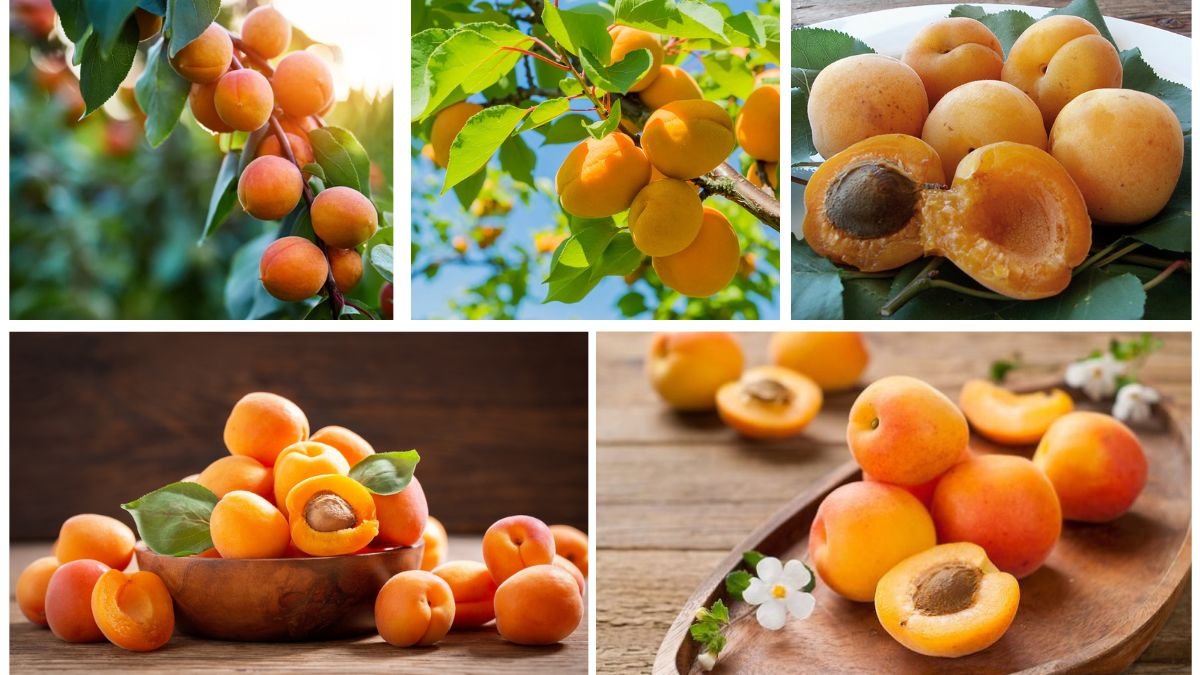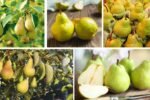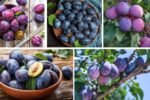Apricots (Prunus armeniaca) are among the world’s most cherished stone fruits, known for their delicate sweet-tart flavor, vibrant orange color, and rich nutritional profile. Eaten fresh, dried, or processed into jams, juices, and desserts, apricots are enjoyed across cultures and continents.
But the question remains: which country produces the most apricots globally? The answer is Turkey, a country with ideal growing conditions, extensive orchards, and a long history of apricot cultivation, making it the undisputed global leader in apricot production. This article explores Turkey’s dominance, other major producers, global trade, and the fruit’s nutritional, cultural, and economic significance.
Understanding Apricots
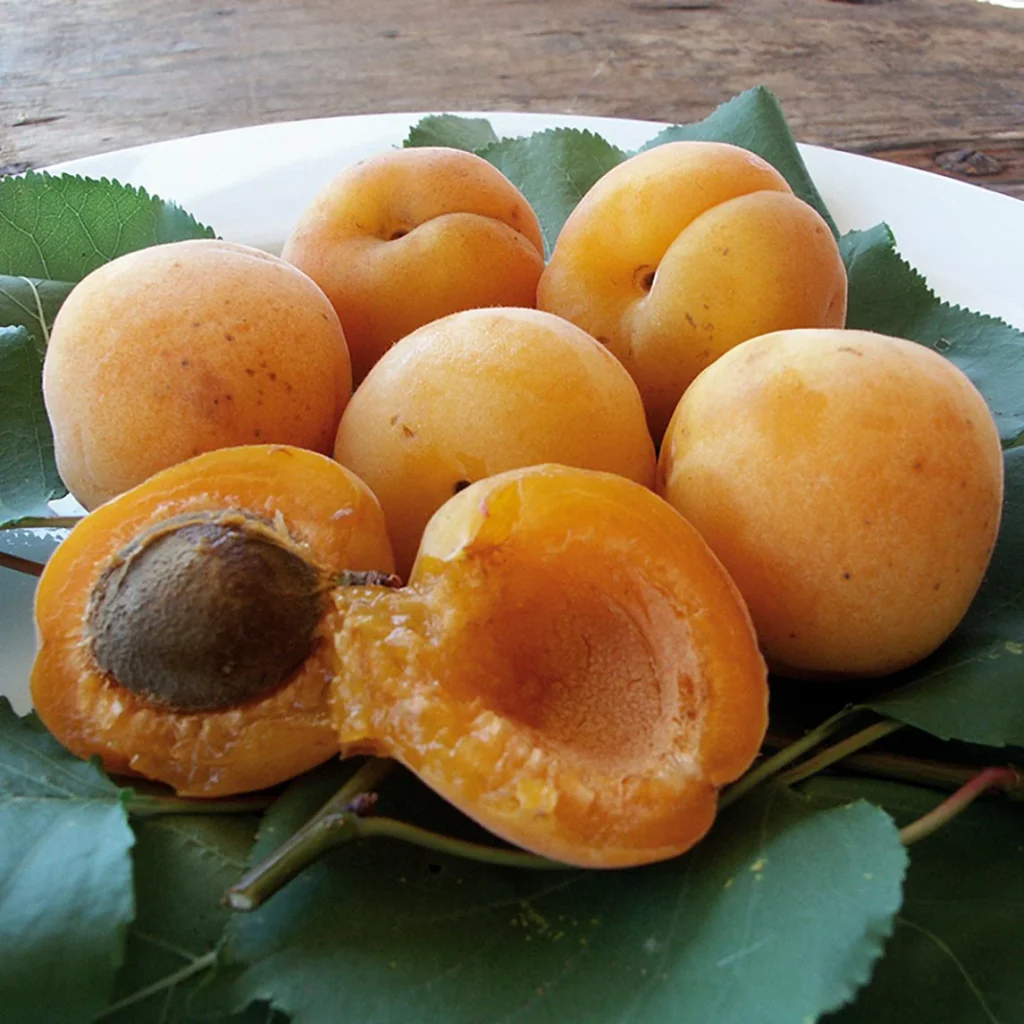
Apricots are small, stone fruits that grow on deciduous trees. They are prized for their sweet flavor, soft texture, and versatility in culinary applications.
Key Features:
- Varieties: Over 200 apricot cultivars exist, including Turkish, Blenheim, Moorpark, Tilton, and Katy.
- Flavor: Sweet and slightly tart, depending on variety and ripeness.
- Uses: Eaten fresh, dried as snacks or ingredients, juiced, or used in jams, compotes, desserts, sauces, and baked goods.
- Nutritional Benefits: Rich in vitamin A, vitamin C, potassium, dietary fiber, and antioxidants.
- Health Benefits: Support eye health, boost immunity, aid digestion, promote heart health, and have anti-inflammatory properties.
Apricot trees thrive in temperate to semi-arid climates with cold winters for dormancy, warm summers, and well-drained soils. Proper pruning, irrigation, and pest management are essential for high-quality fruit production.
Turkey: The Global Leader in Apricot Production
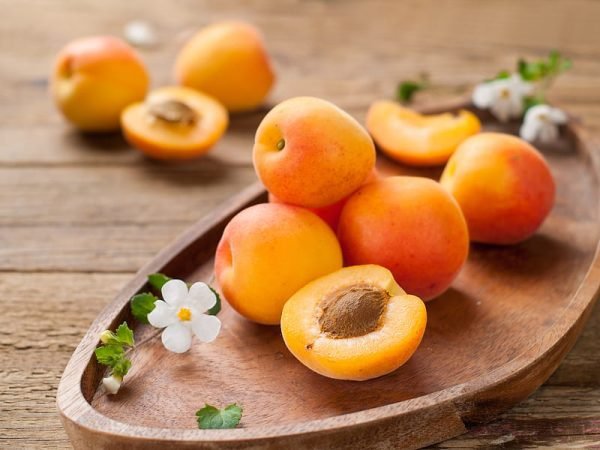
Production Scale
Turkey is the largest producer of apricots in the world, contributing over 20% of global production. According to the Food and Agriculture Organization (FAO), Turkey produces more than 800,000 metric tons of apricots annually, making it far ahead of other producing nations.
Factors Behind Turkey’s Dominance
- Ideal Climate and Geography
Turkey’s diverse climate zones, especially in the Malatya, Malatya, and Kayseri provinces, provide perfect conditions for apricot cultivation. Cold winters ensure proper dormancy, while warm, dry summers allow for optimal fruit ripening and flavor development. - Extensive Orchards
Turkey has vast apricot orchards, covering hundreds of thousands of hectares. This large-scale cultivation ensures high yields and reliable annual production. - Varietal Diversity
Turkey cultivates numerous apricot varieties, both for fresh consumption and drying:- Hacıhaliloğlu and Kabaaş: Popular for fresh consumption.
- Malatya apricots: Renowned for drying, exported globally as dried apricots.
- Advanced Agricultural Practices
Turkish farmers employ modern techniques such as drip irrigation, integrated pest management, pruning systems, and careful post-harvest handling to ensure high-quality fruit and extended shelf life. - Domestic and Export Markets
While most apricots are consumed domestically, Turkey is also the world’s largest exporter of dried apricots, sending products to Europe, the Middle East, and North America. Fresh apricots are increasingly reaching international markets through improved logistics and cold chain systems.
Other Major Apricot Producers
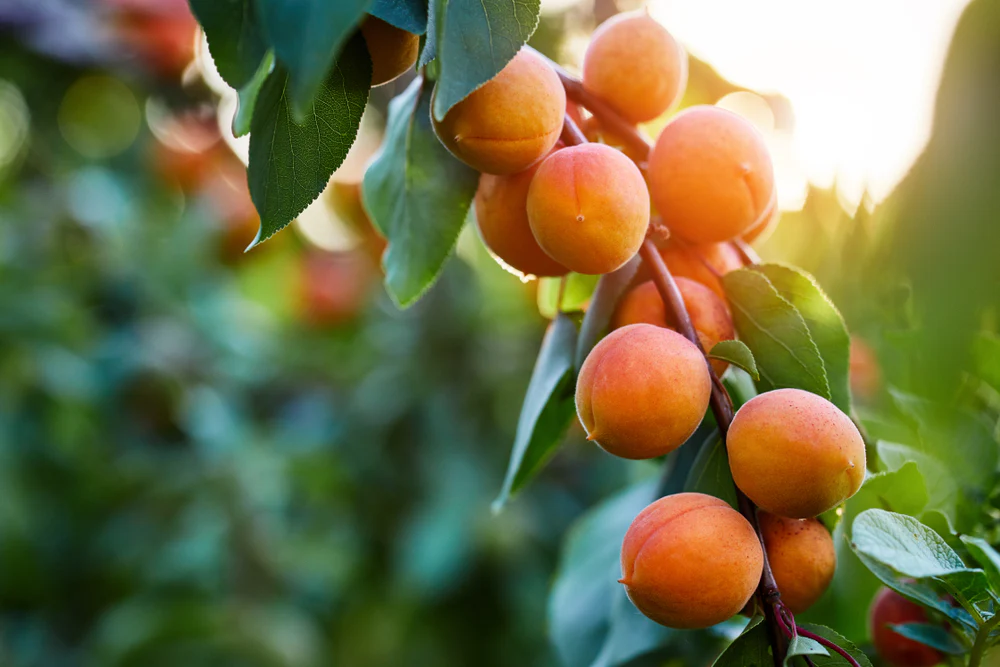
While Turkey leads, several other countries contribute significantly to global apricot production:
1. Iran
- Annual Production: Approximately 450,000–500,000 metric tons.
- Highlights: Cultivates both fresh and dried apricots; regions like Fars and Khorasan are major growing hubs.
2. Uzbekistan
- Annual Production: Around 400,000–450,000 metric tons.
- Highlights: Known for dried apricot exports; cultivation is concentrated in Samarkand and Tashkent regions.
3. Italy
- Annual Production: Approximately 200,000–250,000 metric tons.
- Highlights: Produces fresh apricots for domestic consumption and European markets; Campania and Emilia-Romagna are key regions.
4. Spain
- Annual Production: Around 150,000–200,000 metric tons.
- Highlights: Grows apricots primarily for fresh markets and processing; Murcia and Valencia are main growing areas.
5. Other Countries
- Algeria, France, Pakistan, and the United States also produce apricots, mainly for local consumption and niche export markets.
Global Apricot Market and Trade
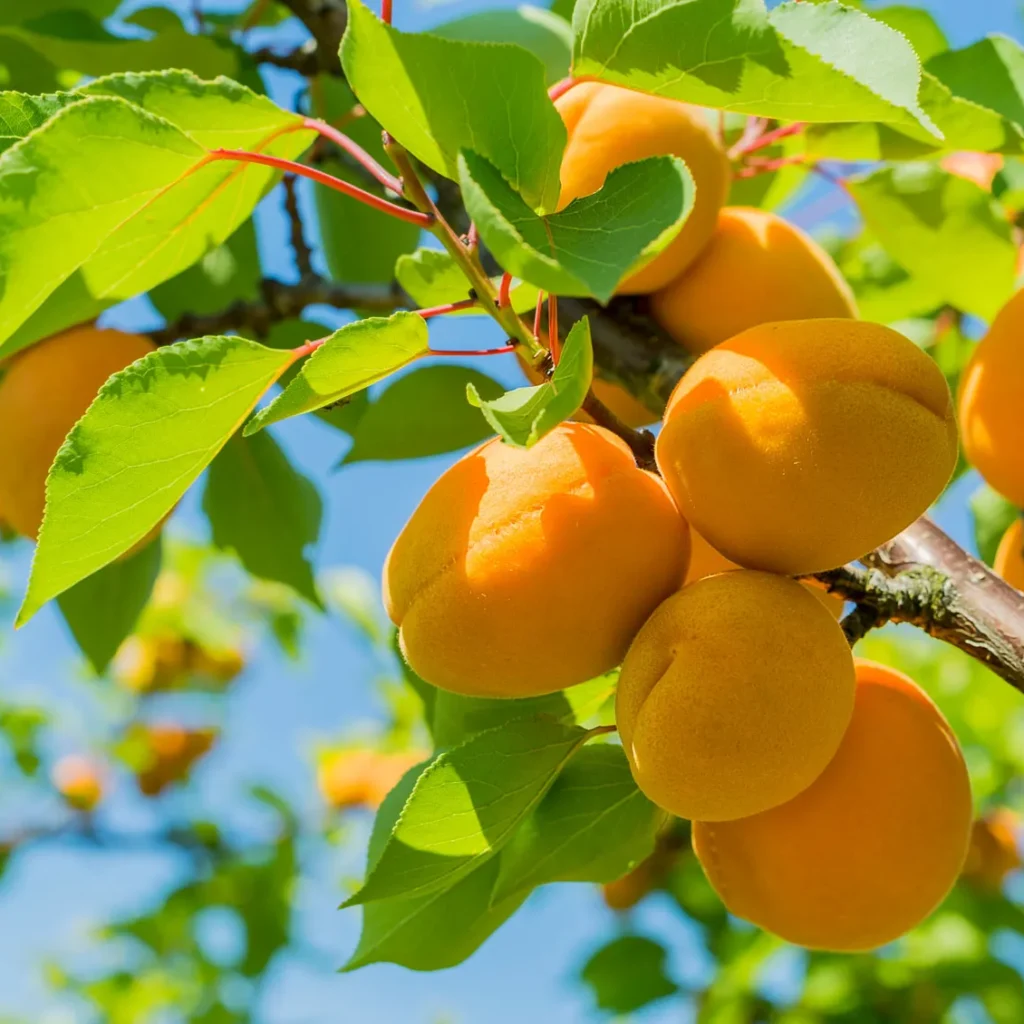
Apricots have strong demand worldwide, both fresh and dried:
- Turkey: Dominates global supply, particularly in dried apricots, which are prized in Europe, North America, and the Middle East.
- Iran and Uzbekistan: Key suppliers of dried apricots, catering to international markets.
- Italy and Spain: Supply fresh apricots to European markets; increasingly focusing on premium and organic varieties.
- Global Trends: Rising awareness of dried fruits’ health benefits, organic produce demand, and processed apricot products are boosting trade.
Modern cold storage, packaging, and transportation methods allow apricots to retain flavor, texture, and nutritional value during export.
Nutritional and Health Benefits of Apricots
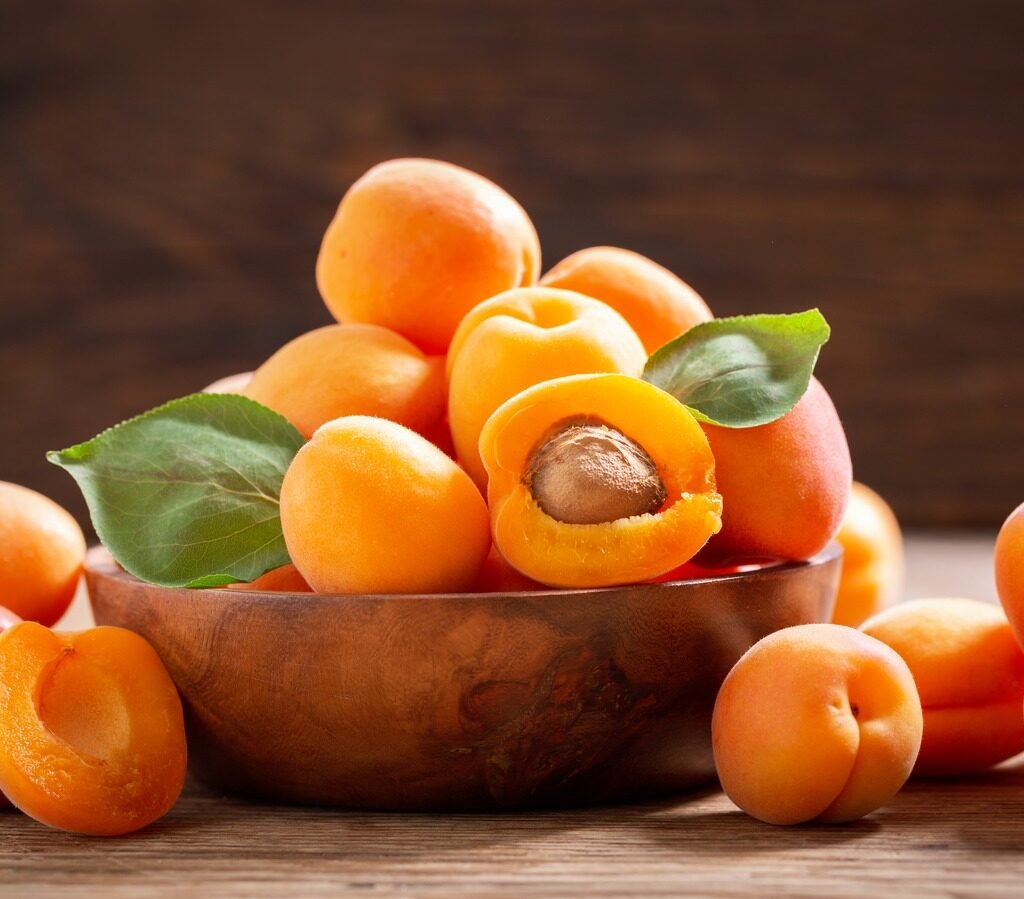
Apricots are nutrient-dense fruits offering multiple health advantages:
- Vitamins and Minerals
High in vitamin A (beta-carotene), vitamin C, potassium, and iron, supporting eye health, immunity, and cardiovascular function. - Dietary Fiber
Supports digestion, prevents constipation, and promotes satiety. - Antioxidants
Polyphenols and carotenoids protect against oxidative stress, inflammation, and chronic diseases. - Low-Calorie Fruit
Ideal for weight management and healthy snacking. - Dried Apricots
Concentrated source of nutrients, particularly fiber, iron, and antioxidants, beneficial for bone and digestive health.
Regular consumption of apricots, fresh or dried, contributes to overall wellness and provides a delicious, nutrient-rich addition to diets.
Culinary and Cultural Significance
Apricots hold a special place in global cuisines and cultures:
- Turkey: Eaten fresh, dried, or processed into jams, compotes, desserts, and beverages; culturally associated with health and prosperity.
- Middle East and Central Asia: Integral in traditional dishes, desserts, and dried fruit snacks.
- Europe: Used in pastries, tarts, jams, and preserves.
- Global Trend: Popular in smoothies, baked goods, sauces, and as a dried snack; featured in gourmet cooking and health-focused diets.
Challenges in Apricot Cultivation
Despite being resilient, apricot production faces challenges:
- Climate Sensitivity
Late frosts, hail, and drought can damage blossoms and reduce yields. - Pests and Diseases
Aphids, codling moths, brown rot, and bacterial diseases threaten production. - Labor-Intensive Harvesting
Fruit must be handpicked carefully to avoid bruising, especially for fresh markets. - Market Volatility
Prices fluctuate due to seasonal production, global demand, and export competition.
Modern irrigation, pruning, pest control, and post-harvest handling techniques help mitigate these challenges, ensuring consistent, high-quality apricot production.
The Future of Apricot Production
- Rising Global Demand
Increasing awareness of apricots’ nutritional benefits, growing demand for dried fruits, and organic produce are driving consumption. - Value-Added Products
Dried apricots, jams, juices, sauces, and apricot-based snacks provide additional revenue streams for producers. - Technological Advancements
Precision agriculture, cold chain logistics, pruning, and disease-resistant varieties are enhancing yield, quality, and shelf life. - Emerging Producers
Countries in Africa, South America, and Asia are expanding apricot cultivation to meet growing global demand and capitalize on export opportunities.
Final Thoughts
So, which country produces the most apricots globally? The answer is Turkey, producing over 800,000 metric tons annually, with Malatya and Kayseri provinces as key production hubs.
Other leading producers include Iran, Uzbekistan, Italy, and Spain, while emerging regions are increasingly cultivating apricots to meet rising global demand.
With their sweet, tart flavor, nutritional richness, and culinary versatility, apricots remain a favorite fruit worldwide. Turkey’s leadership in both fresh and dried apricots ensures a consistent supply for domestic consumption, export, and global trade, solidifying its position as the world’s top apricot producer.
